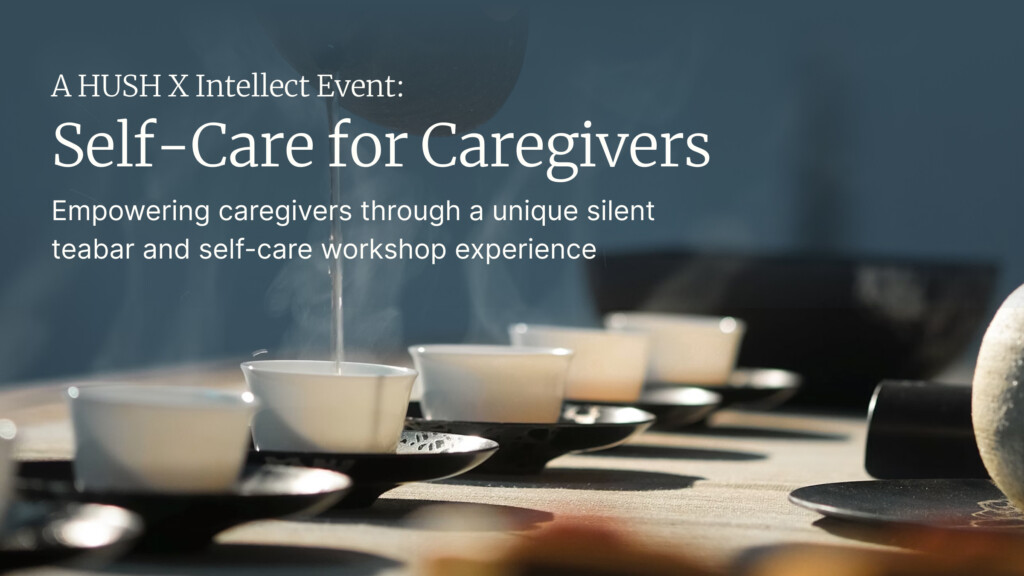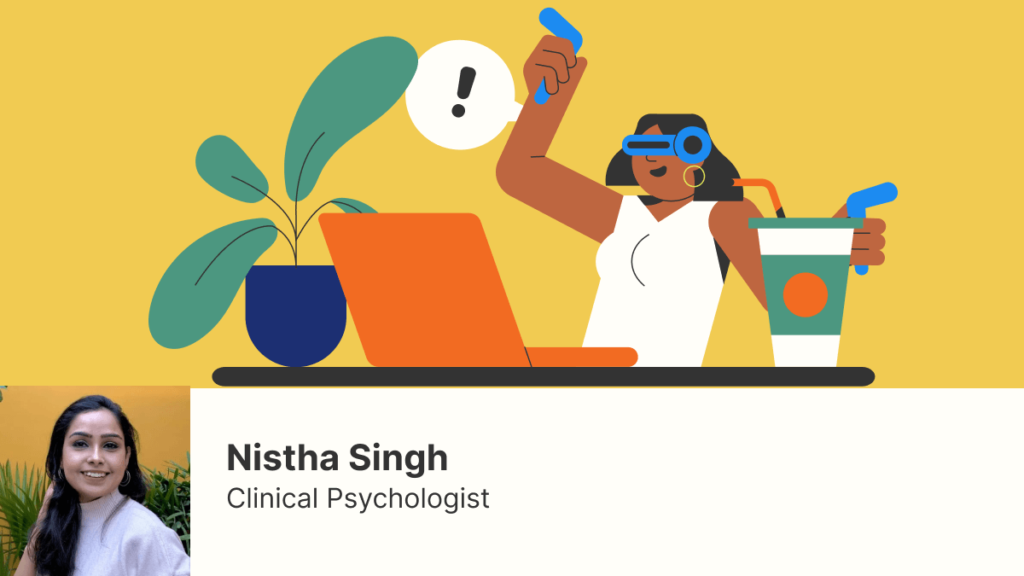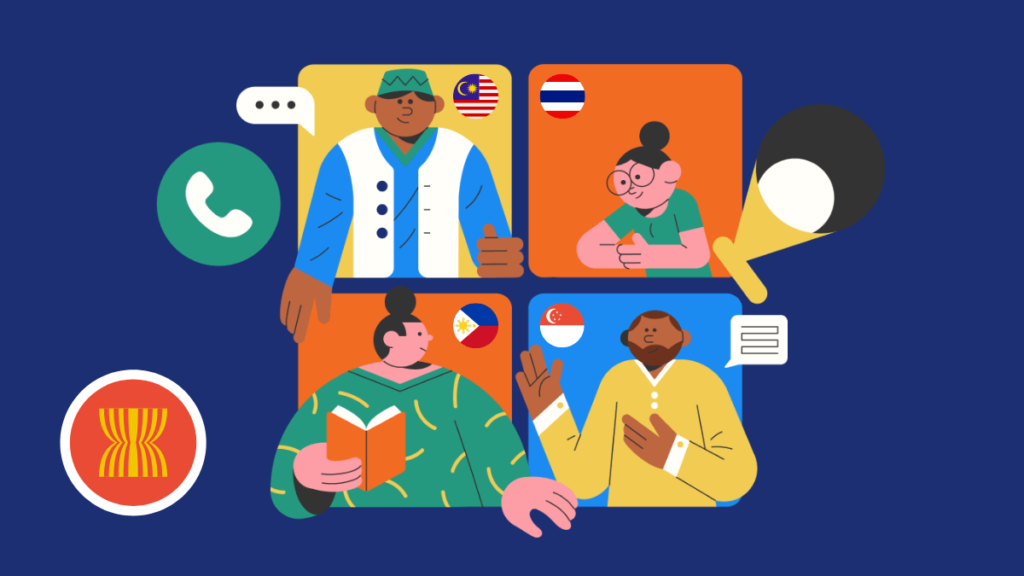Kickstarting the new year after the holiday season can send us into a slump. According to the American Psychological Association, 38% of people have reported increased stress levels over the holiday season. While many Asians, unlike northern Europeans, aren’t too affected by seasonal changes of darkness or cold weather, post-holiday blues can creep up on us.
What causes post-holiday blues?

What causes post-holiday blues? According to Dr Paul Nestadt, the co-director of the John Hopkins Anxiety Disorders Clinic, difficult family dynamics, financial burdens, and reminders of lost or estranged loved ones are among the struggles people experience during the holidays. Psychiatrist Dr Judith Orloff also posited that putting up a false, happy front in social situations can be exhausting.
Even if they were a breeze, the rise and abrupt fall of dopamine and serotonin can contribute to post-holiday blues. It doesn’t help that the junk food we consume at every other gathering, particularly those high in sugar and glycemic index, is linked to feelings of depression.
Employees returning to work after the holidays, especially from vacations, may experience low moods, reduced motivation, as well as feelings of sadness, anxiety, fatigue, and guilt. Rather than hitting the ground running at once, it helps to build momentum in the following ways.
Schedule buffer days if you’re travelling
Many of us leave for vacation with excitement and return with dread, which is why it’s important to clean your house so you aren’t greeted by a warzone upon landing. Taking care of housekeeping matters before going abroad also minimises the number of errands you have to run, leaving more time for recuperation from post-holiday blues.
That said, it also pays to be strategic about flight timings. Scheduling an inbound flight the night before you return to work may not be your best idea. It leaves no room for unpredictable hiccups, like flight delays, or time to adjust to the local time zone, temperature, and pace of life.
“An extra day or two can help us be more intentional,” said clinical psychologist Linda Rinn, on taking buffer days before regular programming resumes. “Maybe we have more time to journal or we can chat with our coach. Get back into exercise or restart our mental wellbeing practices before the work week starts.”
Return to work with a game plan
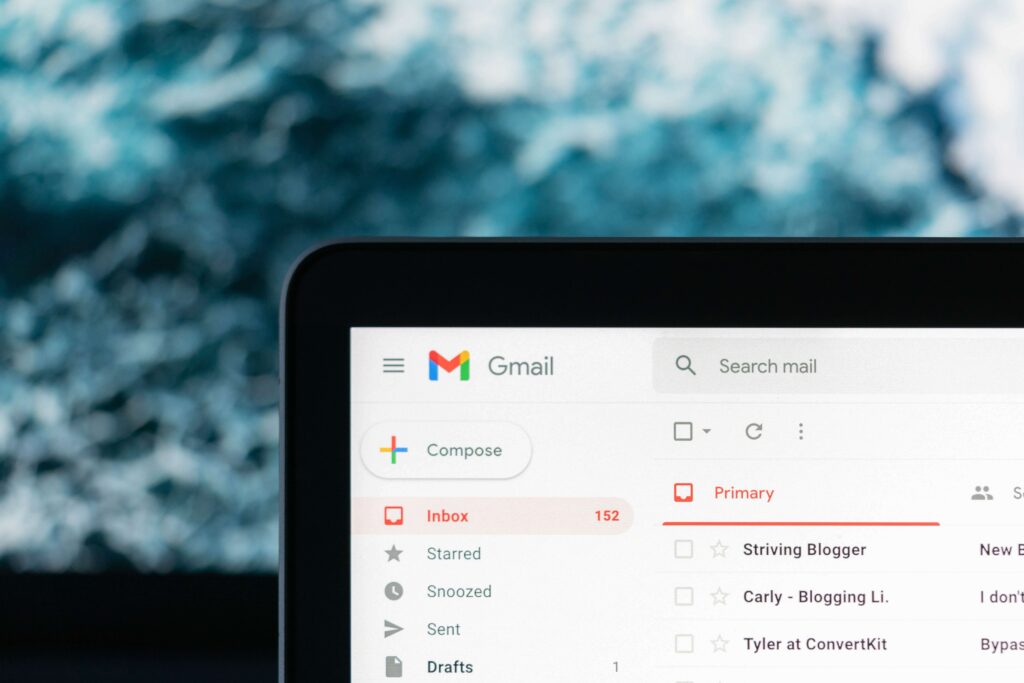
A three- or four-digit unread email count would overwhelm anyone and is a surefire way to burn out fast. Instead of tackling it head on, come up with a game plan to prioritise important matters, urgent emails, or projects that require more mental energy than others. Alternatively, clearing easier tasks from the get-go could also motivate you. Either way, go easy on yourself and set realistic goals.
“After being off for a prolonged period, it can be hard to sustain focus for multiple hours in a row,” said Linda. “You could loosely structure your day and leave breaks for some movement if focusing isn’t easy right away. It’s a muscle we have to train.”
If it’s within your control, limit the number of meetings or practise time-blocking to carve time out for deep work. Those who are struggling to focus after two weeks of non-stop stimulation can also try the Pomodoro technique:
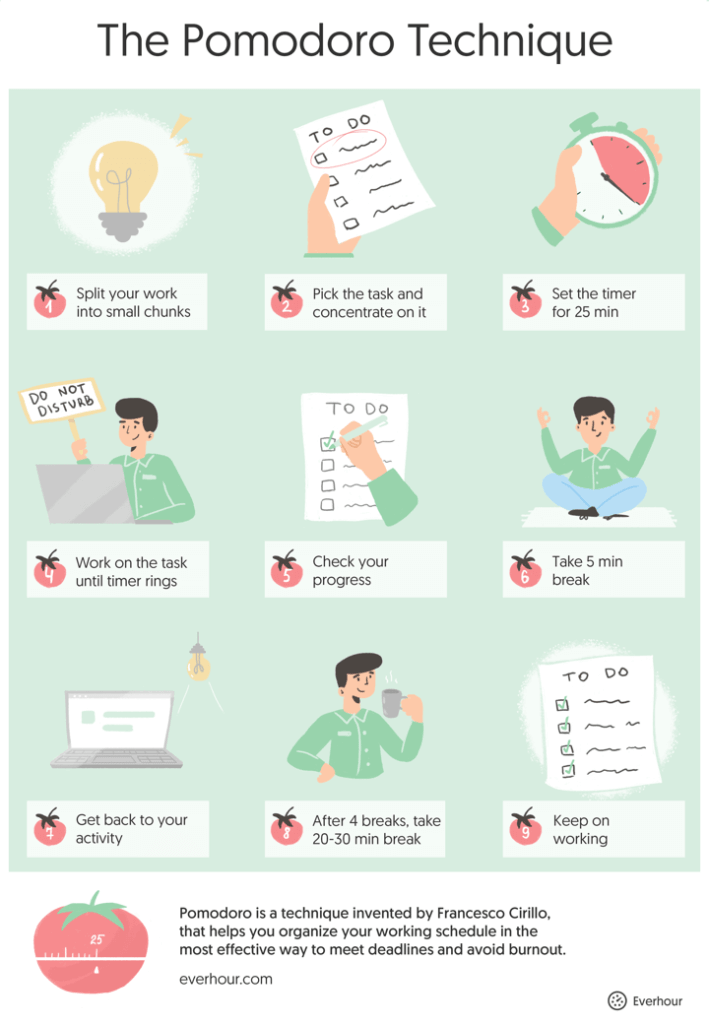
Create a self-care plan
It’s only fair that we bury our heads in work after lazing on the beach for two weeks, right? Well, not quite. Transitions are tricky, and self-care is an important pillar of support through our low moods and stressful “first days” back at work.
To keep post-holiday blues at bay, maintain a nutritious diet and regular sleep schedule, especially if you’ve been indulging and experiencing jet lag. If you are working from home, heading outdoors to get lunch or some exercise – however tempting eating takeout on the couch is – gives you that daily dose of me-time and vitamin D. The sense of wonder may have worn off when vacation ended, but there are elements of surprise in our backyard if we knew where to look. You could tell your friend all about that vacation at a new cafe, or explore a different running route you’ve been meaning to.
Revisit your goals and intentions for the year

The season of new year’s resolutions can bring up difficult emotions. We may feel guilty for procrastinating about our goals in 2023, or feelings of anxiety when brainstorming strategies to meet them this year. Peer pressure could also compel us towards radical changes, like leaving a job or starting a fad diet, which may not align with our goals and intentions.
It’s easy to get swept up in the hustle and bustle, but you can stay grounded by revisiting your purpose. Intellect has self-guided learning paths, rescue sessions, and a journaling feature for you to reflect and recalibrate for the new year ahead. If you’d rather do so alongside an expert, one of our behavioural health coaches can always walk you through those post-holiday blues over a virtual session.
What if post-holiday blues persist?
While post-holiday blues is a common experience among working folks, prolonged January blues may be indicative of something more serious. If you’re unable to break loose from the rut or notice that your functioning at home or work is impaired, it’s worth uncovering the underlying issue alongside a counsellor. However, if you just need a little push in the right direction, coaching can help you figure out what that is and hold you accountable for your goals and intentions.
Here’s how coaching benefits employees at every level of the organisation, and how you can prepare for your first session.



